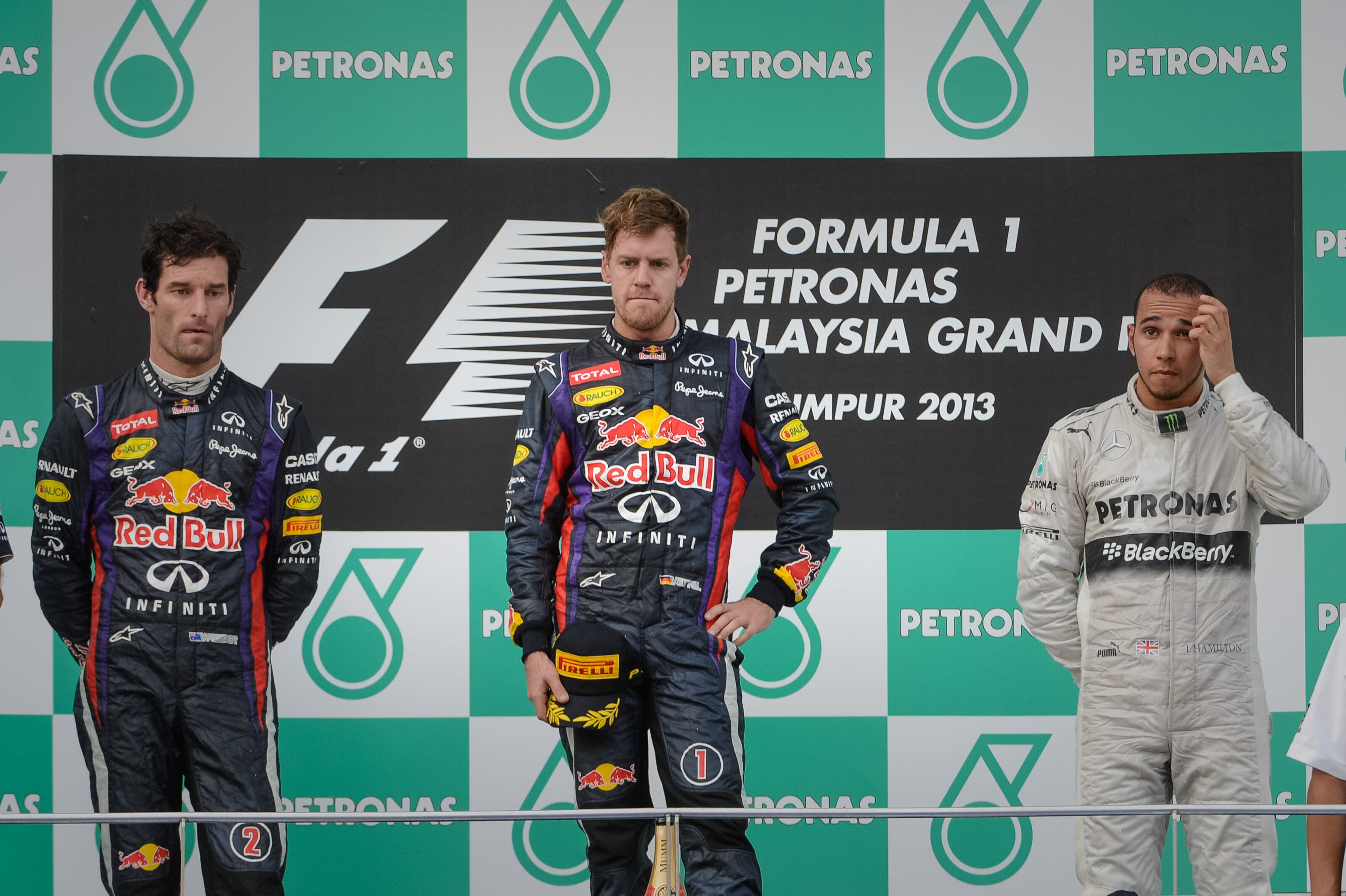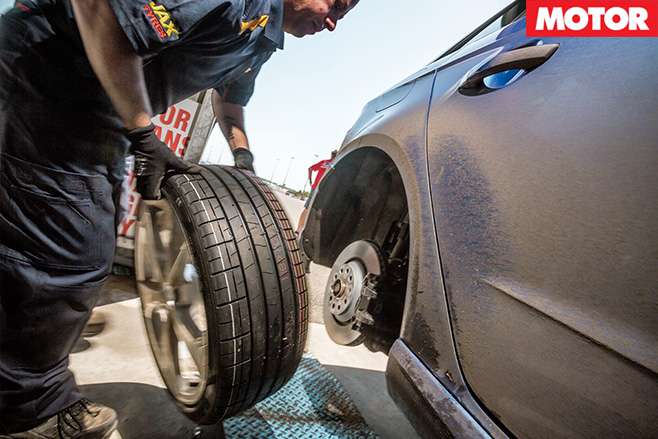There are some words that motorsport fans nearly universally hate. The worst being team orders. Now that I’ve mentioned it, you already have images flashing through your head. I’d wager it looks something like two red Ferraris swapping places in Austria, before the drivers ignominiously tried to save face by switching places again on the podium. When it comes to leaving a sour taste in the mouth of racing fans, team orders are the undefeated champion.
Last year’s most egregious example comes thanks to DTM, which won’t come as any great surprise to anyone who’s maintained a passing interest in the category. Now, the complete loss of what made DTM special, and its inability to find a discernible uniqueness with the new GT3 formula aside (throw BOP in the bin and go wild, Gerhard!), the ‘21 championship was a thriller right up to the final shambles of a race. I won’t get into the semantics of how it unfolded, but the result was Mercedes-AMG’s Maximilian Götz (great name) claiming the title after a trio of fellow AMG drivers – from different teams it should be noted – pulled aside in the closing minutes of the event to hand the German the race and championship victory. Making the corporate call even more galling was the fact the leader before orders were handed down held a 10 second-plus advantage over Gotz before slowing dramatically to allow the eventual champion through. Under DTM’s new sporting regulations this was all perfectly legal. Legality doesn’t stop fans feeling robbed.
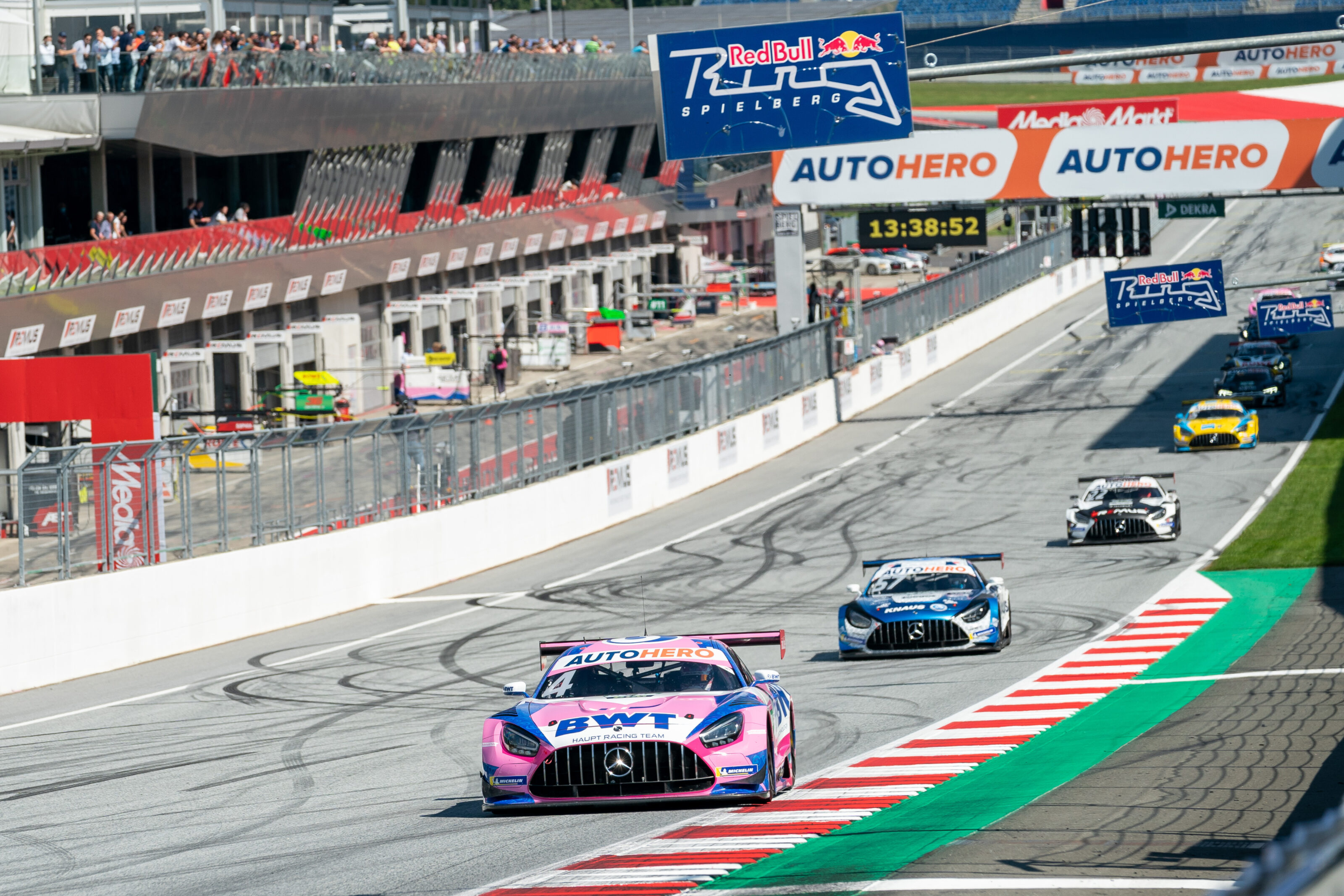
But it’s not just on-track positions that are handed around as a result of team orders. Peter Brock has two Bathurst 1000 victories to his name as a direct result of team orders. In 1983, Brock’s teammates John Harvey and Phil Brock had qualified the eventual winning car, but The King of The Mountain’s #05 VH Commodore’s engine blew on lap eight, prompting himself and co-driver Larry Perkins to be transferred into the sister entry, which they drove to victory. A similar situation occurred in ’87, when Brock took his ninth and final Bathurst 1000 victory.
Team orders aren’t even a particularly new phenomenon. In Formula 1’s fifth ever season, Luigi Fagioli was told by Alfa Romeo to literally vacate his seat a la Brocky for Juan Manuel Fangio at the French Grand Prix in 1951. Remember that fact any time someone claims Hamilton only has his stats because of team orders. To Fagioli’s eternal credit, he quit grand prix racing on the spot in protest of what he rightly saw as an egregious slight.
Thing is, and I can’t believe I’m about to admit this, not all team orders are a bad thing. I need to be very clear here. There is a very wide line in the sand, with almost all popular examples of team orders (including those above) falling on the wrong side. But, in edge cases, team orders can and do result in a better product for viewers. In a tight title fight, the whole point of having teammates is so they can be ordered to assist when it gets to crunch time. This adds brilliant tension to the final stage of a championship, the distinction being that forcing a teammate to concede clear speed advantages to hand over position, or including racers from outside the team directly involved, turns what is an intrinsic part of racing into a dog and pony show.
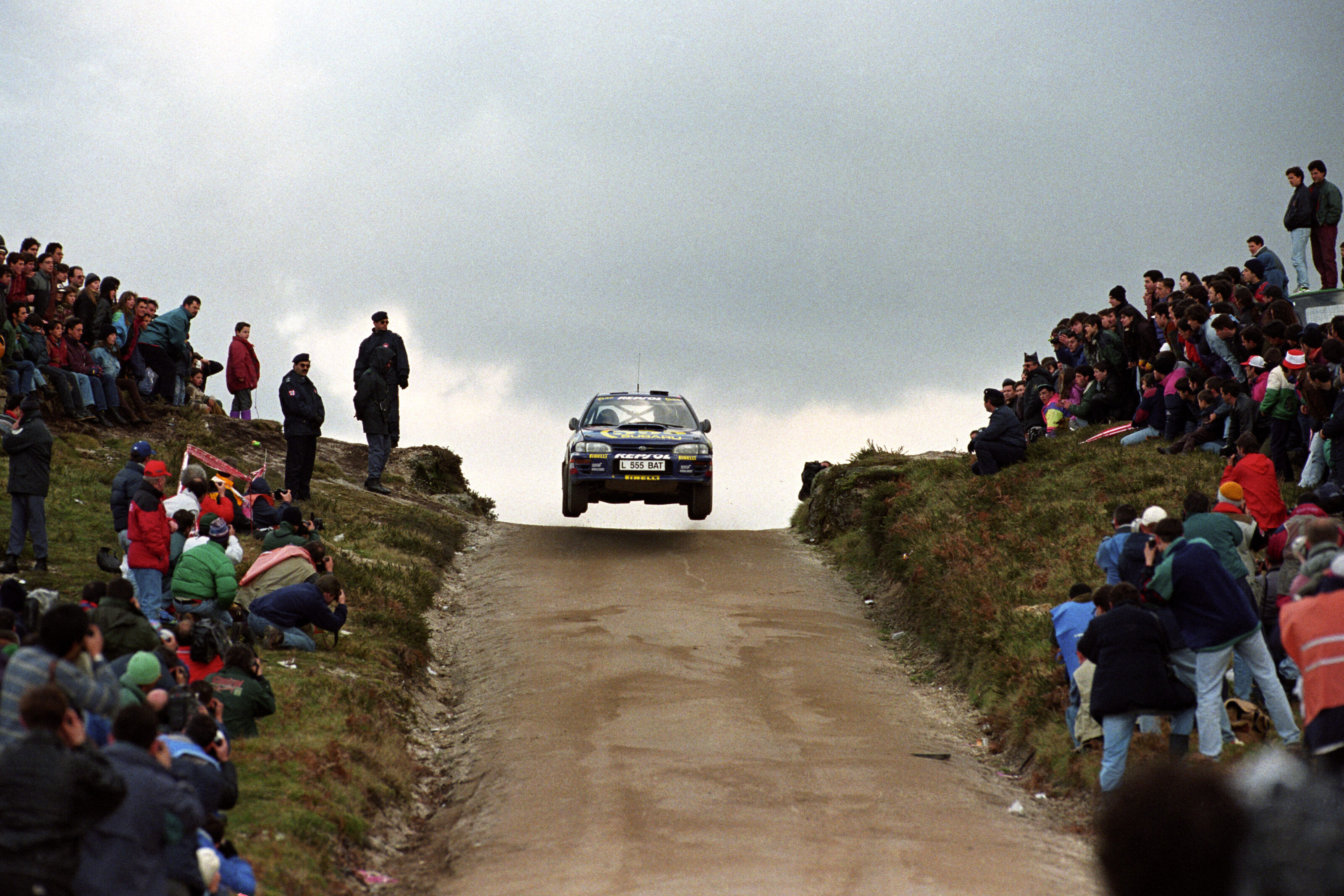
Then you have the situations where drivers ignore their masters. Colin McRae ignoring Subaru team management during the 1995 WRC championship is a prime example. Instead of sitting behind his teammate, the treacherous but brilliant McRae went all out to beat Sainz to the title.
But to make Australian fans really uncomfortable, it’s time we discussed the infamous Multi21 incident at the 2013 Malaysian Grand Prix. Despite being told to plod along and let Mark Webber win the race, Sebastian Vettel went on the attack, all but ripping the trophy from the Australian’s hands. Pride demanded every Aussie racing fan burn an effigy of the German driver as a result of his transgression. But if we look beyond the misguided nationalism, the reality is that what Seb did was a more entertaining (and fair) outcome than a staged cruise to the finish.
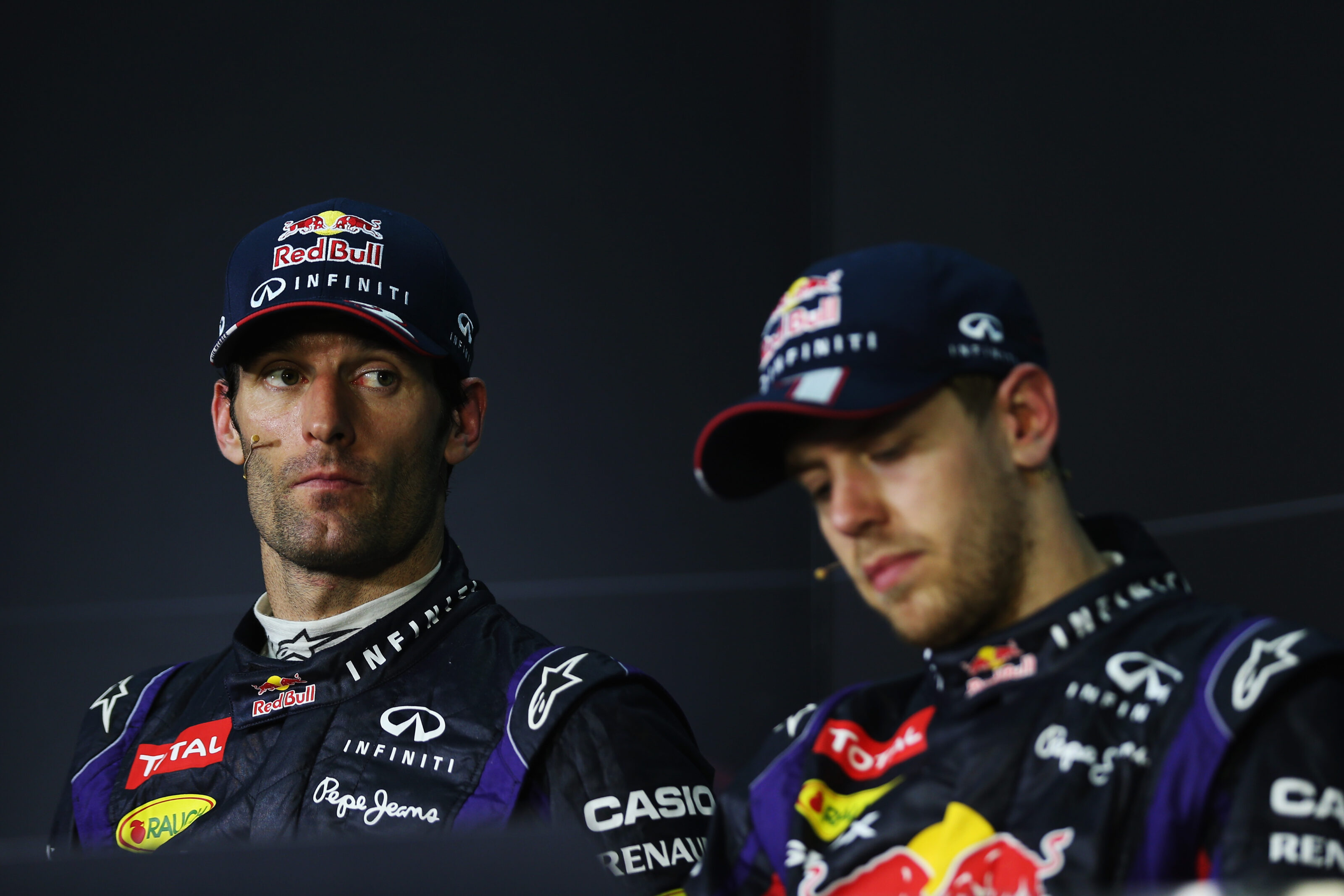
While team orders are often used to usurp competition, we should appreciate the examples that benefit us, the fans.


